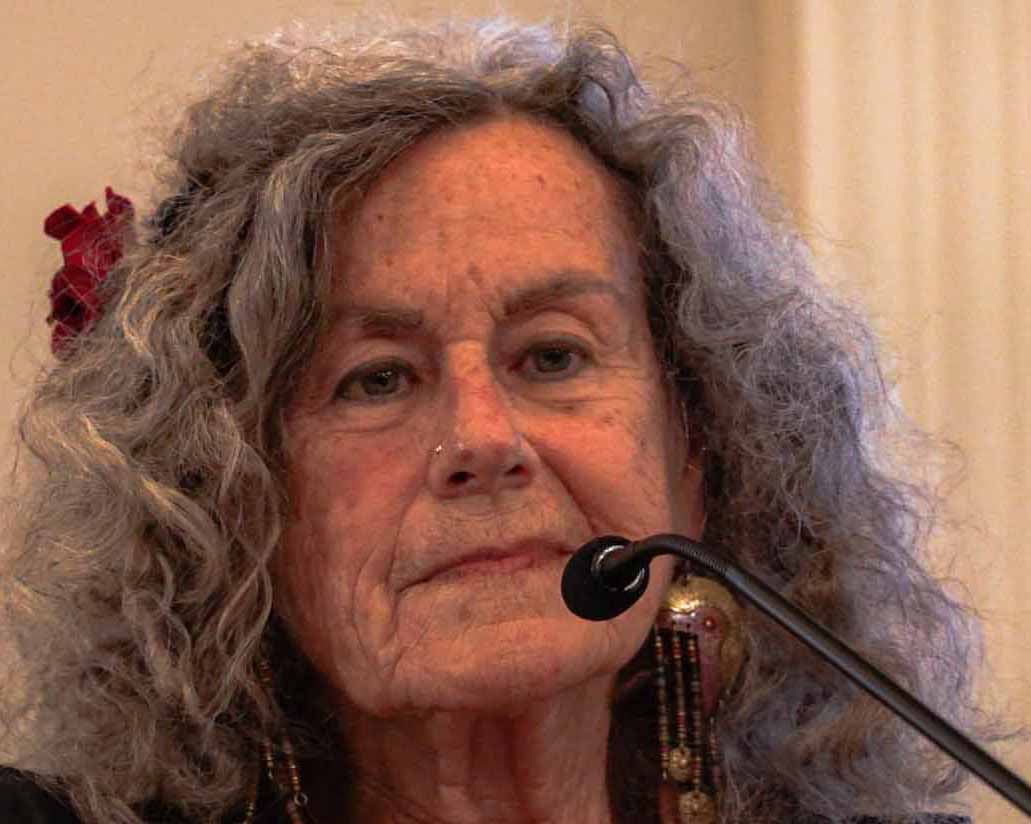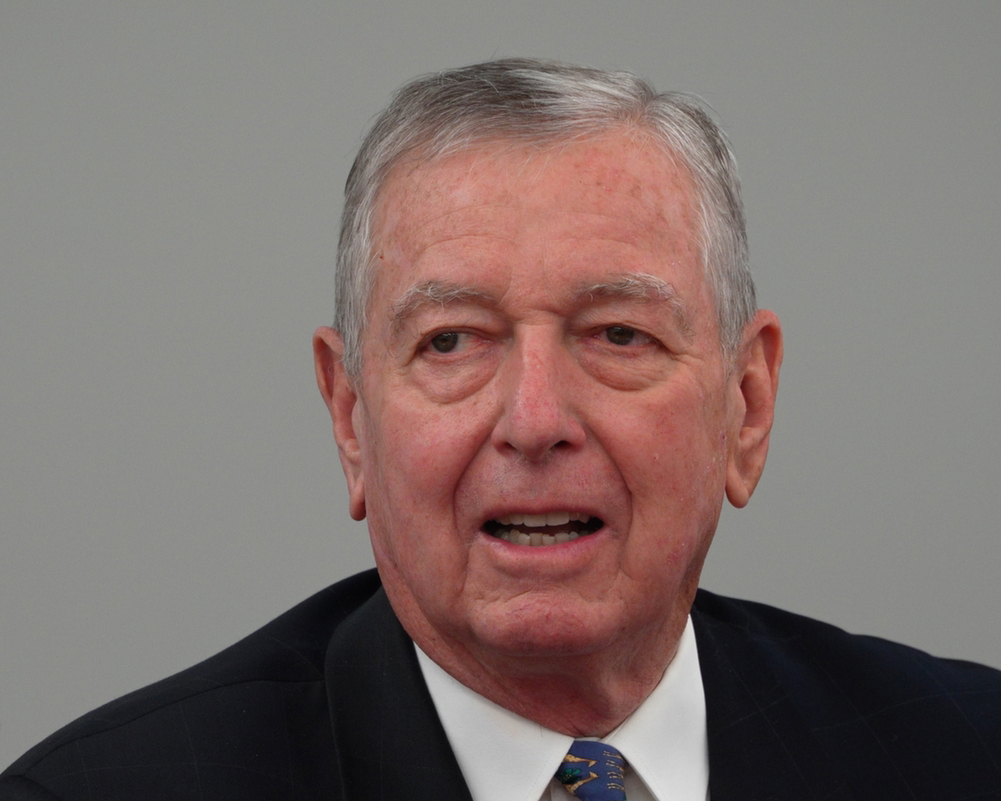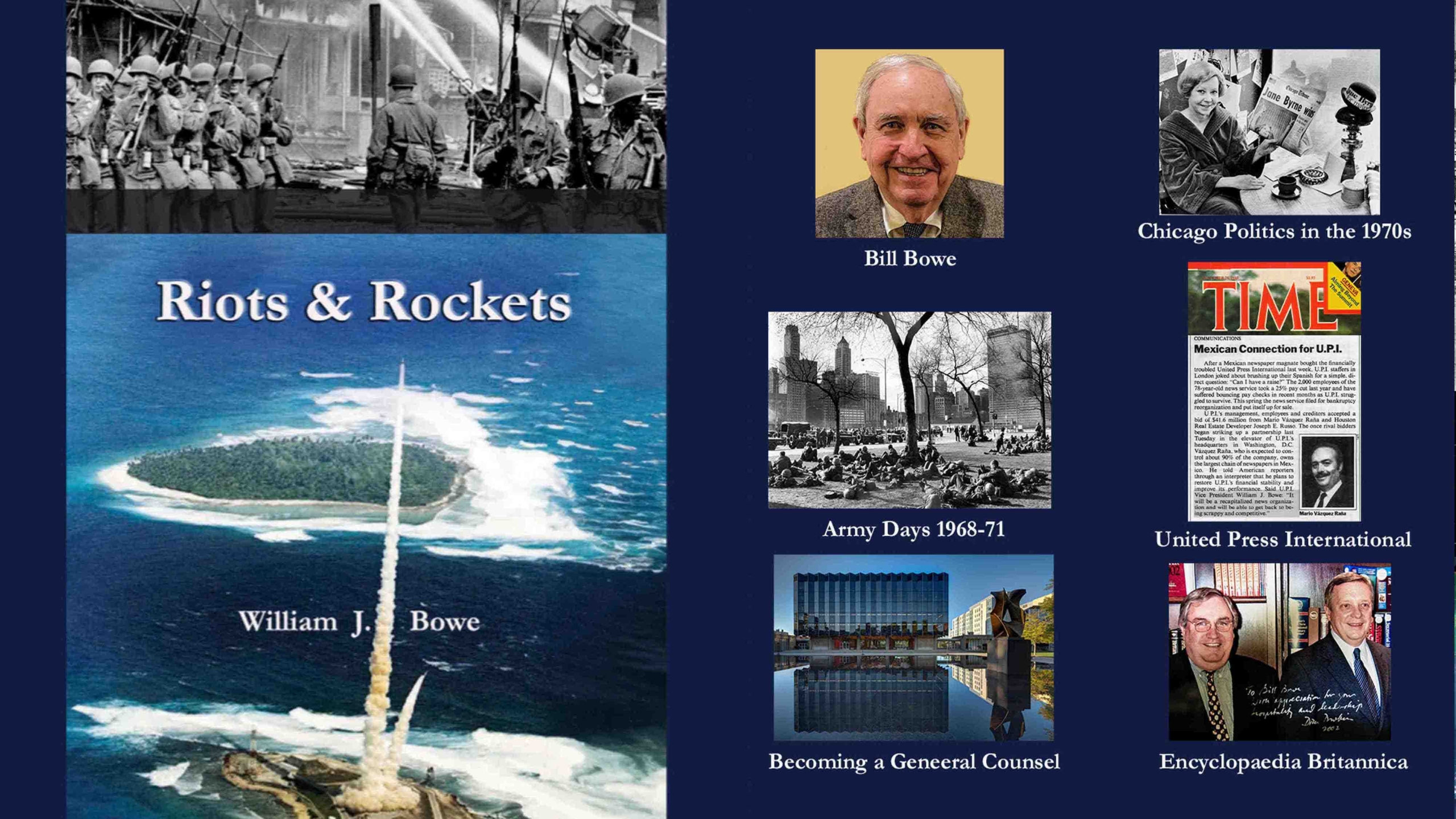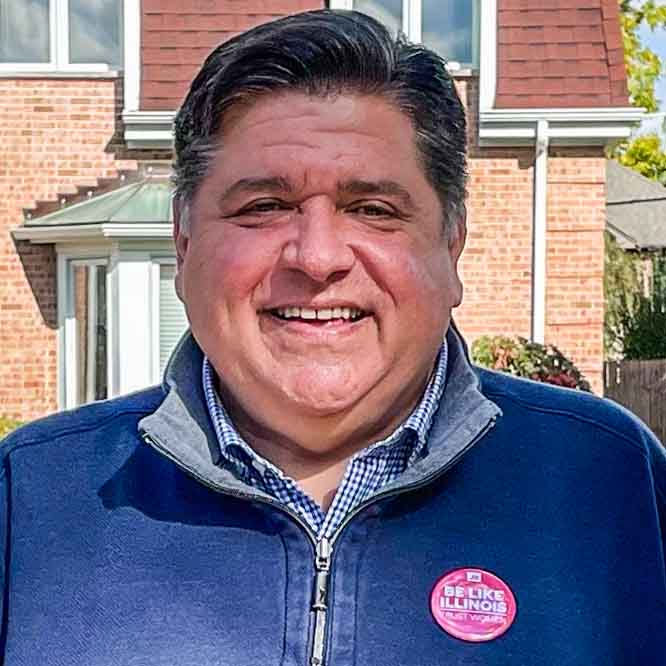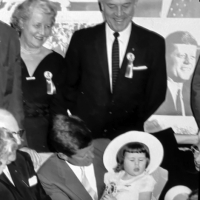Editor’s Note: In April 2022, two dozen members of the Class of 1967 at the University of Chicago Law School returned to Chicago for their 55th Reunion. As had been true since the Law School had opened its doors in 1892, the entering class was mostly made up of white men. In the case of the Class of 1967, it began with 156 students, of which six were women. The earlier reunions had been better attended, but in more recent years, with most classmates in the neighborhood of 80 years old, our attendance has been whittled down by age and death. Still, with a good number of spouses and guests in tow, it wasn’t a bad crowd, all things considered. Some members were still practicing law, others were now plying their craft only part time, and the rest were otherwise occupied, thank you very much.
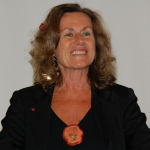
As was true when they entered the Law School in fall 1964, their attitudes towards themselves, their politics, and the society around them still were all over the map.On the far left end of the political spectrum was classmate Bernardine Dohrn, an early activist in the Students for a Democratic Society (SDS) in the 1960s. Encyclopaedia Britannica, where I served as Executive Vice President and General Counsel for 28 years, explains her political engagement this way:
“The Weather Underground, originally known as Weatherman, evolved from the Third World Marxists, a faction within Students for a Democratic Society (SDS), the major national organization representing the burgeoning New Left in the late 1960s. Members of the Weather Underground sought to advance communism through violent revolution, and the group called on America’s youth to create a rearguard action against the U.S. government that would bring about its downfall. The original Weatherman, the “action faction” of the SDS, was led by Bernardine Dohrn, James Mellen, and Mark Rudd and advocated street fighting as a method for weakening U.S. imperialism. At the SDS national convention in June 1969, the Third World Marxists presented a position paper titled “You Don’t Need a Weatherman to Know Which Way the Wind Blows” in the SDS newspaper, New Left Notes. The article, the title of which was taken from a song by American musician Bob Dylan, asserted, among other things, that black liberation was key to the movement’s anti-imperialist struggle, and it emphasized the need for a white revolutionary movement to support liberation movements internationally. The article became the founding statement of Weatherman.”
At the other end of the political spectrum was Bernardine’s classmate, John Ashcroft. 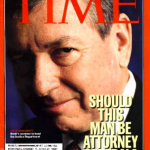 As a conservative Republican, Missouri voters elected him variously their State Auditor, Attorney General, Governor, Congressional Representative, and Senator.
As a conservative Republican, Missouri voters elected him variously their State Auditor, Attorney General, Governor, Congressional Representative, and Senator.
He finished his public service in President George W. Bush’s cabinet as U.S. Attorney General, heading the Department of Justice. This is part of how Britannica records his political career:
“In 1994 he was elected to the U.S. Senate but was defeated in 2000, when he lost to Mel Carnahan, who had died shortly before the election and whose name remained on the ballot (Carnahan’s position in the Senate was taken by his wife). Subsequently, he was nominated by George W. Bush as U.S. attorney general. Ashcroft faced intense questioning in the Senate, particularly on his attitudes toward African Americans and homosexuals and on his ability as a fundamentalist Christian to uphold U.S. law, but he was confirmed by a vote of 58 to 42. As attorney general, Ashcroft was at the centre of policy changes adopted by the Department of Justice (DOJ) during 2002. Following the September 11 terrorist attacks in 2001, he pressed for the passage of the USA Patriot Act (formally the Uniting and Strengthening America by Providing Appropriate Tools Required to Intercept and Obstruct Terrorism Act of 2001), which expanded the government’s power to detain noncitizens, conduct surveillance and search, and investigate persons suspected of involvement in criminal activity.”
With the politics of the rest of the Class of 1967 mostly falling somewhere between these two, those planning the 55th Reunion, thought that hearing both Bernadine and John reflect on their earlier lives would be worth everyone’s time.
So on Friday, April 29, 2022, a dinner was organized at The Fortnightly of Chicago, a women’s club founded in Chicago in 1873. It is the oldest women’s association in Chicago, and Reunion Co-Chair Linda Neal knew it well as a member and past President of the Club. Bernardine Dohrn was the speaker.
Early the next morning, the group reconvened for breakfast at the University of Chicago Law School to hear classmate and former U.S. Attorney General John Ashcroft speak.



